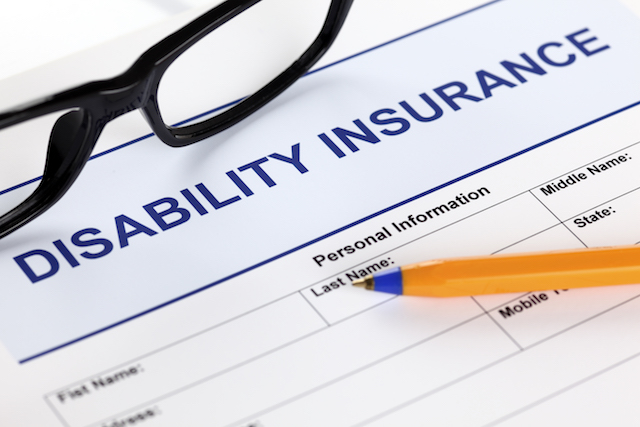Can I Qualify for Disability Benefits with a Neurological Disorder in Pennsylvania?
When your health is affected by a neurological disorder, maintaining steady employment can be a struggle. However, your financial obligations continue regardless of whether or not you are currently working. To help compensate for lost income, the Social Security Administration (SSA) offers qualified applicants financial assistance in the form of monthly disability benefits. How does the SSA evaluate claimants? How do you qualify for disability benefits with a neurological condition in New Jersey or Pennsylvania?
How to Apply for Disability Benefits with a Neurological Disorder
Unfortunately, receiving benefits is not as simple as submitting a description of your illness. The SSA is inundated with millions of applications citing thousands of different injuries and diseases every year, and a portion of these claims are frivolous or fraudulent. As a result, the screening process for interested applicants is very rigorous. You will need to be supported by as much hard medical evidence and documentation as possible.
The sort of evidence and documentation which SSA claims examiners look for is outlined in the official Listing of Impairments, sometimes casually called “the Blue Book.” The Blue Book or Listing describes how the SSA evaluates various neurological conditions, and the specific criteria applicants should meet if they wish to be approved.
Before we address these criteria, it is very important to point out that your condition should:
- Be expected to last no less than 12 months.
- Be severe enough to prevent you from working. That means both working at your old job, and working in a new, modified capacity.
If your health issue passes both of these general requirements, it will then need to pass the appropriate condition-specific requirements. These are discussed in Section 11.00 of the Listing.
Neurological Conditions That Qualify for Benefits in Pennsylvania
It’s important to point out that neurological conditions are not the same as mental disorders, such as anxiety and autism. The former category refers to a disorder of the brain, nerves, or spinal cord. Mental disorders are covered in Section 12.00 of the Listing.
Under Section 11.00, all of the following common medical issues may make you eligible to receive monthly benefits in Pennsylvania or New Jersey:
- Convulsive Epilepsy (11.02)
- Non-convulsive Epilepsy (11.03)
- Central Nervous System (CNS) Vascular Accident, or Stroke (11.04)
- Brain Tumors (11.05)
- Parkinson’s Disease (11.06)
- Cerebral Palsy (11.07)
- Multiple Sclerosis, or MS (11.09)
- Muscular Dystrophy (11.13)
- Peripheral Neuropathies (11.14)
- Cerebral Trauma (11.18)
Other conditions which can qualify under Section 11.00 include:
- Spinal Cord or Nerve Root Lesions (11.08)
- Amyotrophic Lateral Sclerosis (11.10)
- Anterior Poliomyelitis (11.11)
- Myasthenia Gravis (11.12)
- Subacute Combined Cord Degeneration (11.16)
- Degenerative Disease, e.g. Huntington’s Chorea, Friedreich’s Ataxia, Spinocerebellar Degeneration (11.17)
- Syringomyelia (11.19)
Needless to say, each of these conditions has its own unique set of criteria. Let’s use Section 11.09, Multiple Sclerosis, as an example. In order to qualify for disability with MS, your condition needs to be accompanied by one of the following:
- “Disorganization of motor function.”
- “Visual or mental impairment.”
- “Significant, reproducible fatigue of motor function with substantial muscle weakness on repetitive activity, demonstrated on physical examination, resulting from neurological dysfunction in areas of the central nervous system known to be pathologically involved by the multiple sclerosis process.”
To read more about the requirements for your disability, you can view the complete text of the official Listing here.
Call Our Pennsylvania Disability Attorneys Today
If you are interested in applying for benefits, or if you’ve already been denied and want to appeal the decision, call a disability lawyer at the law offices of Young, Marr, Mallis & Associates at (609) 755-3115 in New Jersey or (215) 701-6519 in Pennsylvania or contact us online. Your consultations will always be confidential, and the first one is absolutely free. Let’s start exploring your options together.






























